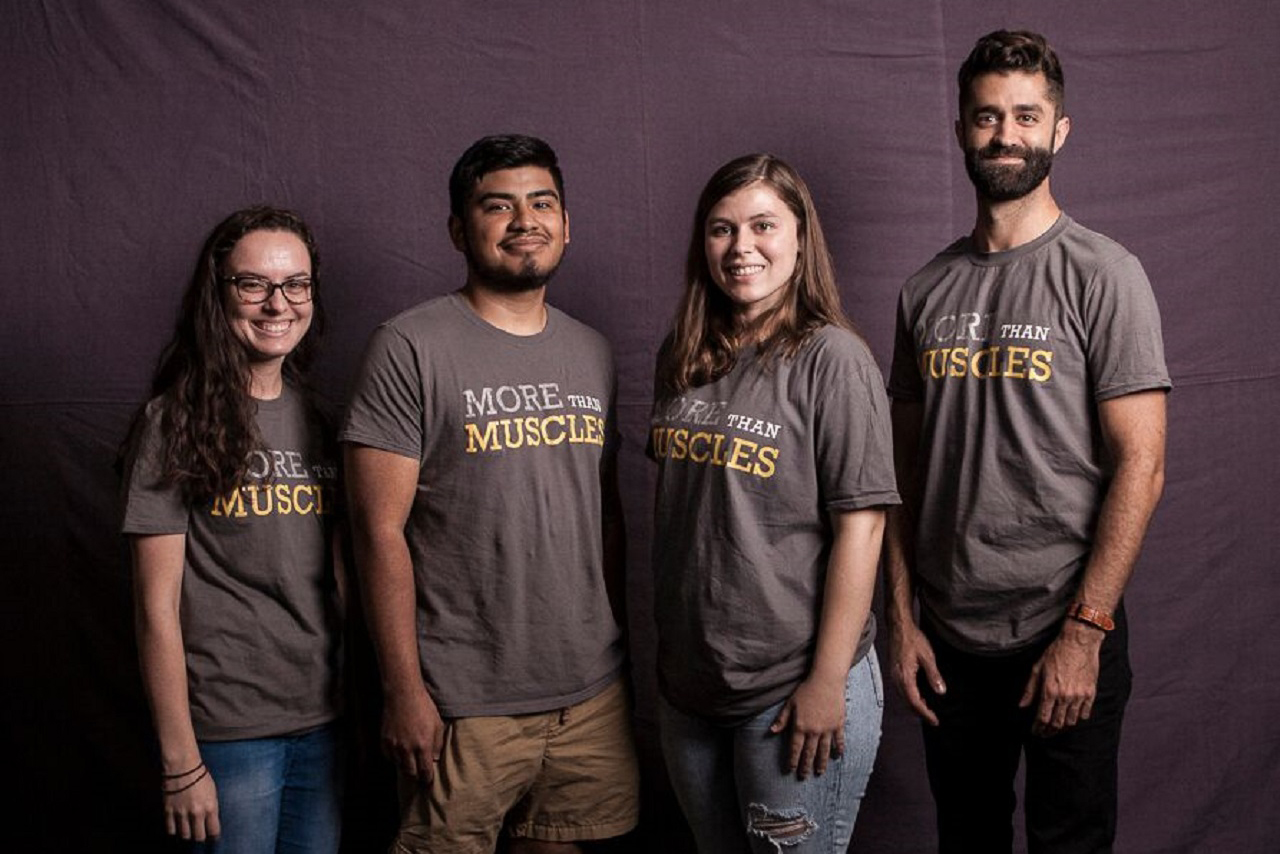This article explores resources to aid in finding support for eating concerns and body image issues at Illinois State University, on- or off-campus. There are various resources on campus to help students struggling with eating concerns and body image challenges, which may fit the student’s needs. The best place for students to start if they are unsure about what support they need is to contact Student Counseling Services (SCS) and schedule a Triage appointment. A Triage appointment is a 30-minute consultation with an SCS staff member to explore the student’s challenges and identify the best resources to support them.
On-campus there are three primary resources, including peer-led preventive programs, individual therapy, and the Eating Concerns Assessment & Treatment Team. The peer-led preventive programs include The Body Project (BP), More than Muscles (MTM), Female Athlete Body Project (FABP), and athlete-focused More than Muscles. These programs are for students struggling with body image concerns who want to develop a better relationship with their bodies. These programs utilize a group format to explore society’s “ideal” body and work as a group to embrace a healthy body ideal, challenge negative appearance-talk, and value themselves beyond their body’s appearance. Additionally, this program strives to explore identity factors that promote or hinder body acceptance. Finally, this program allows participants to connect and empower each other to encourage body acceptance and incorporate skills to counter body-shaming comments. Notably, students do not need to attend a triage appointment to participate in one of these programs. See the information below for more details.
Individual therapy and the Eating Concerns and Assessment Treatment Team may be appropriate for some students. You may call SCS to schedule a triage appointment to determine what treatment resources are most appropriate for you or your loved one. The first resource is brief biweekly individual therapy for individuals struggling with body image concerns who are appropriate for this level of care. The second resource is the Eating Concerns and Assessment Treatment Team (ECATT), which is a multidisciplinary team of health professionals at Student Counseling Services and Student Health Services that work together with the student to assess, prevent, and treat disordered eating behaviors. If a student would benefit from long-term or more frequent treatment, SCS has a case manager that can help the student connect with an off-campus provider. This service can also be accessed through a triage appointment.
There are also a multitude of treatment options off-campus, which a case manager at SCS can help students access to determine the best fit for the student’s needs. There are also free support groups that students can access virtually. The National Eating Disorders Association, The Eating Disorder Foundation, and ANAD provide lists of free support groups for specific populations and focused support groups. Some examples of the focused support groups include Caregivers, Black, Indigenous, and People of Color (BIPOC), People in Larger Bodies, Older Adults, Men, LGBTQ+, age 30+, Trans and Nonbinary, Art Journaling, Recovery, and Spanish speaking groups.
There is help available for students struggling with eating concerns and body image challenges. Eating concerns and body image challenges are common in college students, and it is not something that students have to manage or process on their own.
“Asking for help is never a sign of weakness. It’s one of the bravest things you can do. And it can save your life.”—Lilly Collins.
On-Campus support
- Student Counseling Services
- Eating Concerns Assessment & Treatment Team
- Body Project and More Than Muscles Peer Led Healthy Body Image programs
- If interested, please visit The Body Project page at Body Project Link or email jlthome@ilstu.edu or jralmed@ilstu.edu for BP or MTM. For athletes, email sckurkj@ilstu.edu.
Off-Campus Support Groups
- National Eating Disorders Association
- Offers a list of available support groups across the country
- The Eating Disorder Foundation (Free)
- Eating Disorder specific Support groups: Caregiver support group, Men LGBTQ+ group, age 30+, Trans and Nonbinary, Art Journaling, Recovery, and Spanish speaking.
- ANAD (Free)
- Eating Disorder specific Support groups: LGBTQ+, Black, Indigenous, and People of Color (BIPOC) , People in Larger Bodies, Older Adults

